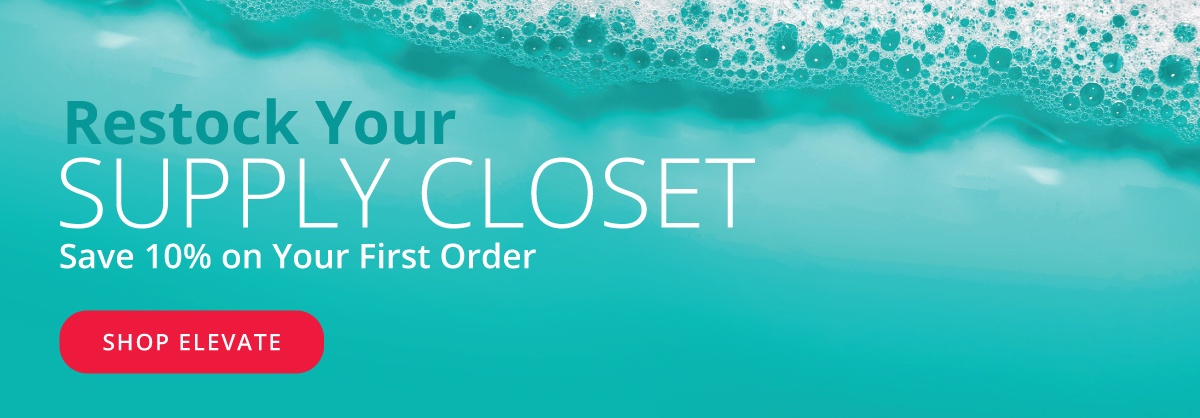 Ever heard that saying, "one man's trash is another man's treasure?" At Dell, they are taking those words an extra mile by transforming ocean trash into laptops. The company started the project in 2016 by collecting plastic waste on the beaches in Haiti. Dell's new supply chain has a duo feature, both removing waste from the oceans and preventing more trash from entering their waters. In fact, the company's CEO, Michael Dell, says that they have "diverted about 16,000 pounds of plastic from our oceans this year alone". That number is expected to increase within the upcoming years.
Ever heard that saying, "one man's trash is another man's treasure?" At Dell, they are taking those words an extra mile by transforming ocean trash into laptops. The company started the project in 2016 by collecting plastic waste on the beaches in Haiti. Dell's new supply chain has a duo feature, both removing waste from the oceans and preventing more trash from entering their waters. In fact, the company's CEO, Michael Dell, says that they have "diverted about 16,000 pounds of plastic from our oceans this year alone". That number is expected to increase within the upcoming years.
A Lesson From Dell
Why this sudden drive to reuse environmental waste? For one thing, it's estimated that 8 million tons plastic enter our oceans each year. But why does this matter? Plastic is incapable of dissolving. It breaks into small pieces, which float on the waves' surface or end up inside of animals, who can experience pain, gastrointestinal injuries, and even death from ingesting sharp pieces. At the moment, a staggering 5 trillion tons of plastic exist within the Earth's oceans, posing a very real threat to our environment and its delicate ecosystems.
Besides reducing these ecological threats, Dell's campaign to turn harmful plastic into shiny, modern laptops could save the company money and bring in a devoted fleet of new consumers. Recycling has been shown in many studies to reduce cost throughout a supply chain. Adidas, Method soap, and Head & Shoulders shampoo have all started similar initiatives, following in the computer giant's ambitious footsteps. Interested in achieving a sustainable supply chain? Keep reading and we'll delve further into the ingenuity of Dell's supply chain—and why their practices could work for your company.
Better Brand Image Better Sales
Since April 2017; the Dell XPS 13 2-in-1 laptop has been looking a bit different. Every Dell laptop now carries the words, "100% recycled plastics, 25% from oceans" with a URL link for more information. This slogan hovers above an icon of a mother humpback whale and its baby. Needless to say, the depiction of this gentle animal pair certainly brings the customer's attention back to where oceanic waste is going and the wildlife that it's impacting.
If a consumer were to follow Dell's URL link, they would learn that the company dissolves ocean litter into other recycled HDPE, or high-density polyethylene, plastics at a 1:3 ratio. Prior to this mixing stage, the oceanic waste is vigorously sorted and tested for contamination, making it safe to use in new electronics. The page also discusses how the plastic is collected off the Haitian beaches with the help of local people, thus also creating jobs in the area.
All in all, Dell's branding of their XPS 13 2-in-1 laptop would appeal to any eco-conscious costumer who wants to help the environment without putting in extra work beyond purchasing a new laptop. Customers, especially the millennial generation, care more and more about sustainability each year. In fact, a recent study by Unilever shows that 33% of customers purchase from companies that they feel are eco-friendly or acting to benefit the Earth's health.
Healthier Bottom Line
Now, you're probably wondering, "does a sustainable supply chain really save money?" Most studies would answer affirmatively. For instance, another electronics giant, Apple reports saving millions each year through its recycling endeavors.
Recycling and reusing materials isn't the only money-saving element for a supply chain. The cost of sending waste to landfills isn’t cheap so when this expense decreases, your bottom line will feel a nice bump. As an example, back in 2012, the Children's Hospital of Wisconsin stopped throwing out their medical packaging. Instead, the doctors and nurses committed to recycling the polypropylene surgical sheeting. This small, feasible change is now saving them $13,000 per year in waste removal costs.
When it comes to your company’s sustainable supply chain strategy, keep in mind that most materials can be recycled. Even if reusing packaging material isn't an option, take an in-depth look at your other practices. Perhaps by not recycling certain items, you're throwing money into the trash and you hadn't even realized it.

About Michael Wilson
Michael Wilson is AFFLINK'S Vice President of Marketing and Communications. He has been with the organization since 2005 and provides strategic leadership for the entire supply chain team. In his free time, Michael enjoys working with the Wounded Warrior Project, fishing, and improving his cooking skills.





